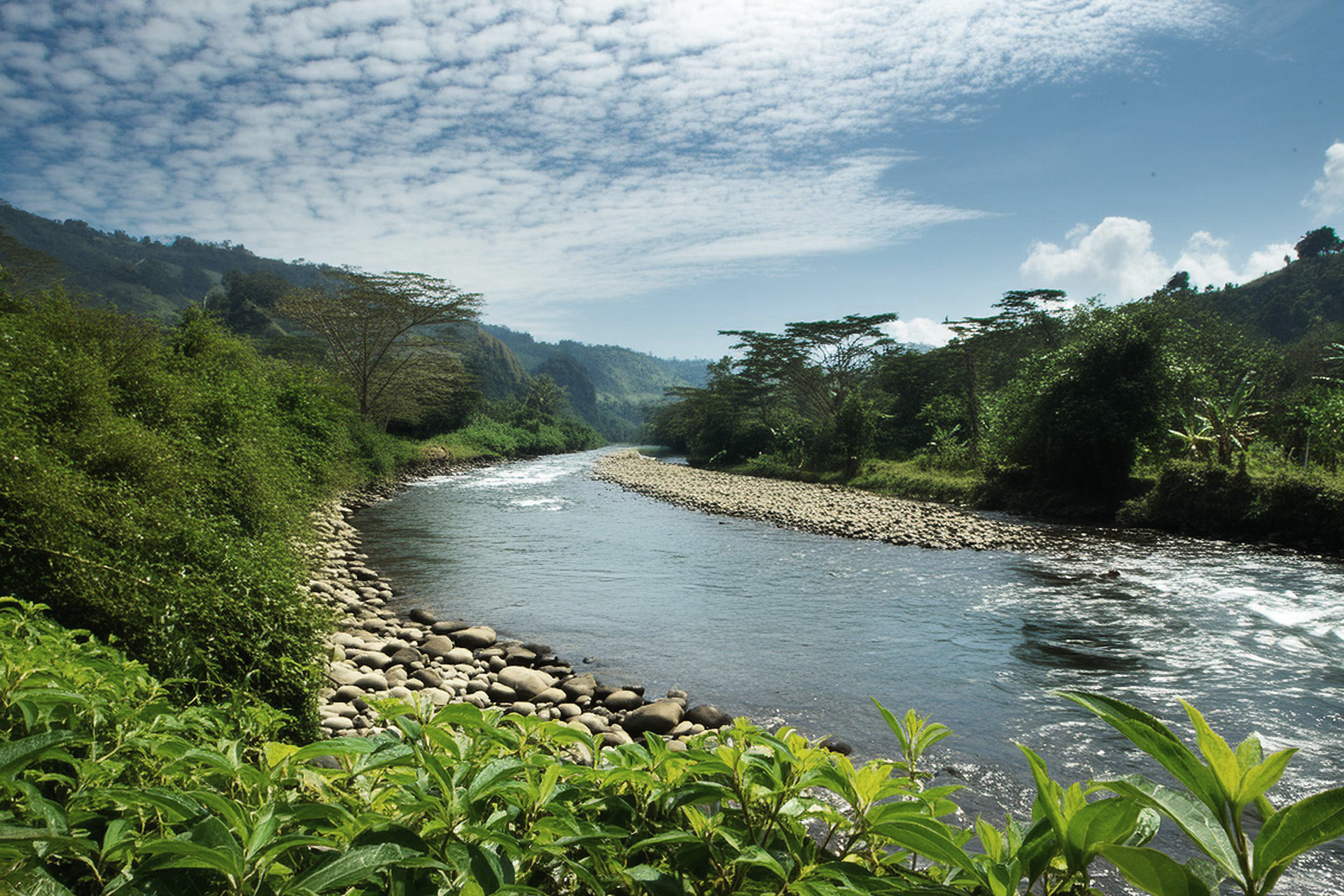The watershed, particularly in the upstream area, has suffered damage due to deforestation and the conversion of forest areas into agricultural land. In the downstream area, erosion, sedimentation, and a decrease in land productivity have also been observed. The damage to the watershed has made floods occur more quickly, causing flash floods in several areas of Lampung during heavy rains. Inadequate spatial planning and low public awareness of environmental conservation are also factors that hinder the recovery of the watershed.
InterventionBPDAS Way Seputih Way Sekampung has established a permanent nursery with the aim of supporting environmental reforestation activities in the watershed areas and surrounding regions. The permanent nursery is managed in South Lampung, Lampung, and involves the maintenance of infrastructure, seedling production, and seedling distribution. Various types of seedlings are produced, such as Sengon trees, timber trees like Gmelina (White Teak), Acacia Mangium, Red Jabon (Samama), Bayur, Madang, Pulo (Klawi), and Cempaka. There are also fruit tree seedlings such as Avocado, Longan, Nutmeg, Agarwood, Petai, Durian, Soursop, and Sugar Palm. The seedlings from the permanent nursery are then distributed to farming communities in Lampung.
BPDAS also facilitates the “Green Youth Movement,” an environmental movement basic education program that provides a platform for the younger generation to exchange knowledge in protecting and managing the environment. In addition, BPDAS Lampung and Forum DAS collaborates on an agroforestry activities campaign, encouraging all forest farmers to actively participate in the Critical Land Rehabilitation program. BPDAS has supported the activity by providing around 10,000 multipurpose tree species seedlings.

